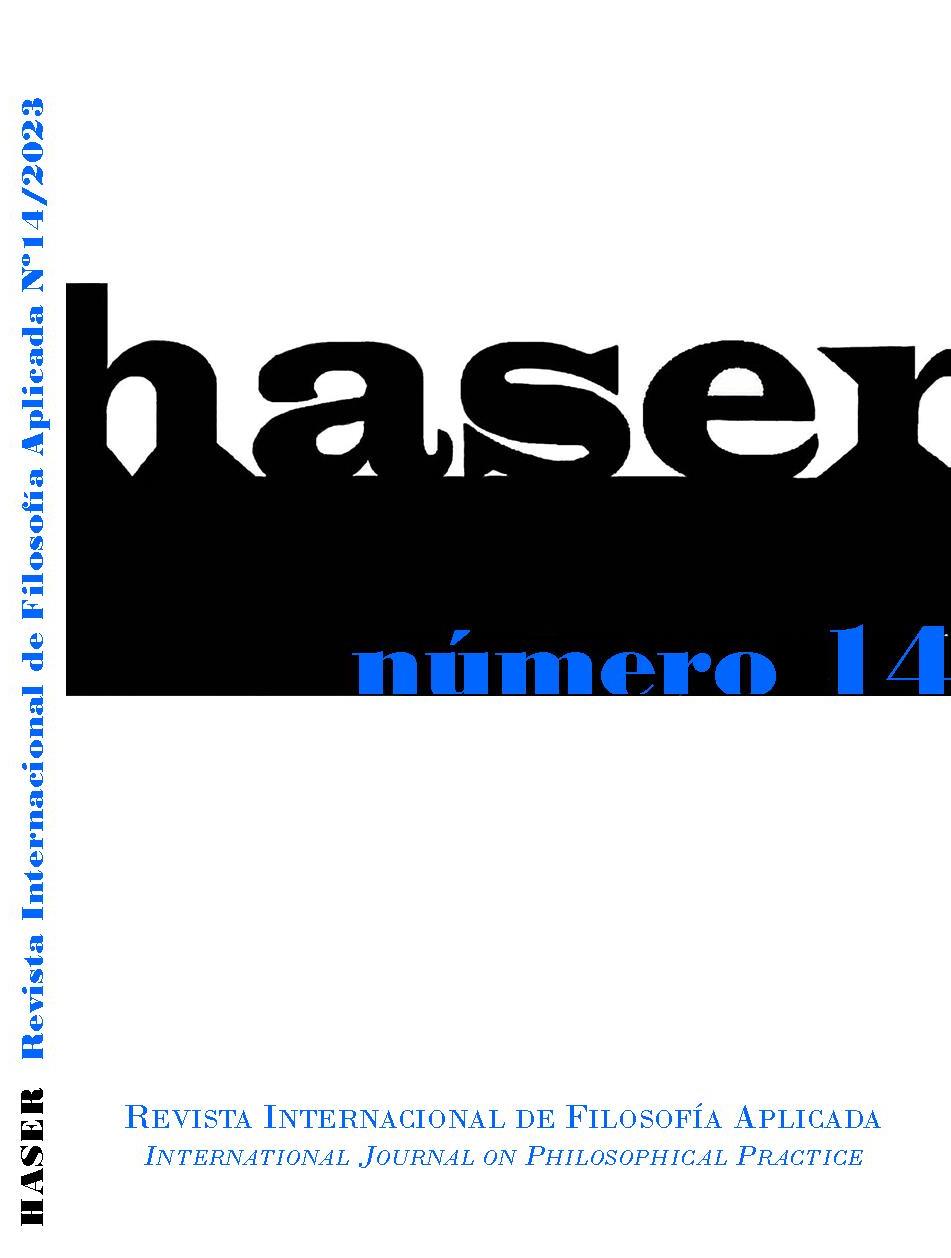Philosophical Counselling and Mediation. Theory and Practice: Exploring a Pathway to Justice
Resumo
This paper will demonstrate how philosophical counselling would invaluably contribute to the arena of conflict resolution via mediation and civil justice generally. Mediation is a conflict resolution process that involves a third party who facilitates disputants in arriving at a self-determined resolution. This process is being incorporated into civil justice systems globally, but how mediation should be conducted to achieve truly just outcomes needs immediate and thoughtful attention. At its best, mediation empowers parties to co-create a just and fair resolution to their conflict through a dialogical exploration of their interests, needs, and relevant norms and values. This is dramatically different from the adjudicative process, where parties rely on legal frameworks and authoritative judicial decision-making to resolve conflict. In mediation, parties need to recognize and think critically about their worldviews and values. Philosophical counseling can provide mediators with an empathetic and dialogical method of helping parties think critically and rationally and to cultivate clarity, depth, and coherence in their worldview and value system. Enabling such deepened self-understanding would best empower participants to engage in authentic and critical dialogue, which, I argue, is essential to legitimate mediation that leads to just outcomes. This paper will demonstrate how several essential principles of philosophical counselling align precisely with the values, goals, and needs of just mediation (including deep self-understanding, critical awareness of worldviews/values, and propensity for rational dialogue). This paper lays an introductory foundation, ultimately calling for an interdisciplinary/interprofessional approach that would use the insights of philosophical counseling to bring significant benefits to the development of mediation programs and civil justice systems world-wide.
Downloads
Downloads
Publicado
Como Citar
Edição
Seção
Licença
Los autores/as que publiquen en esta revista aceptan las siguientes condiciones:
1. Los autores/as conservan los derechos de autor y ceden a la revista el derecho de la primera publicación, con el trabajo registrado con la licencia de atribución de Creative Commons, que permite a terceros utilizar lo publicado siempre que mencionen la autoría del trabajo y a la primera publicación en esta revista.
2. Los autores/as pueden realizar otros acuerdos contractuales independientes y adicionales para la distribución no exclusiva de la versión del artículo publicado en esta revista (p. ej., incluirlo en un repositorio institucional o publicarlo en un libro) siempre que indiquen claramente que el trabajo se publicó por primera vez en esta revista.
3. Se permite y recomienda a los autores/as a publicar su trabajo en Internet (por ejemplo en páginas institucionales o personales) antes y durante el proceso de revisión y publicación, ya que puede conducir a intercambios productivos y a una mayor y más rápida difusión del trabajo publicado (vea The Effect of Open Access).
- Resumo 245
- pdf (Español (España)) 612


